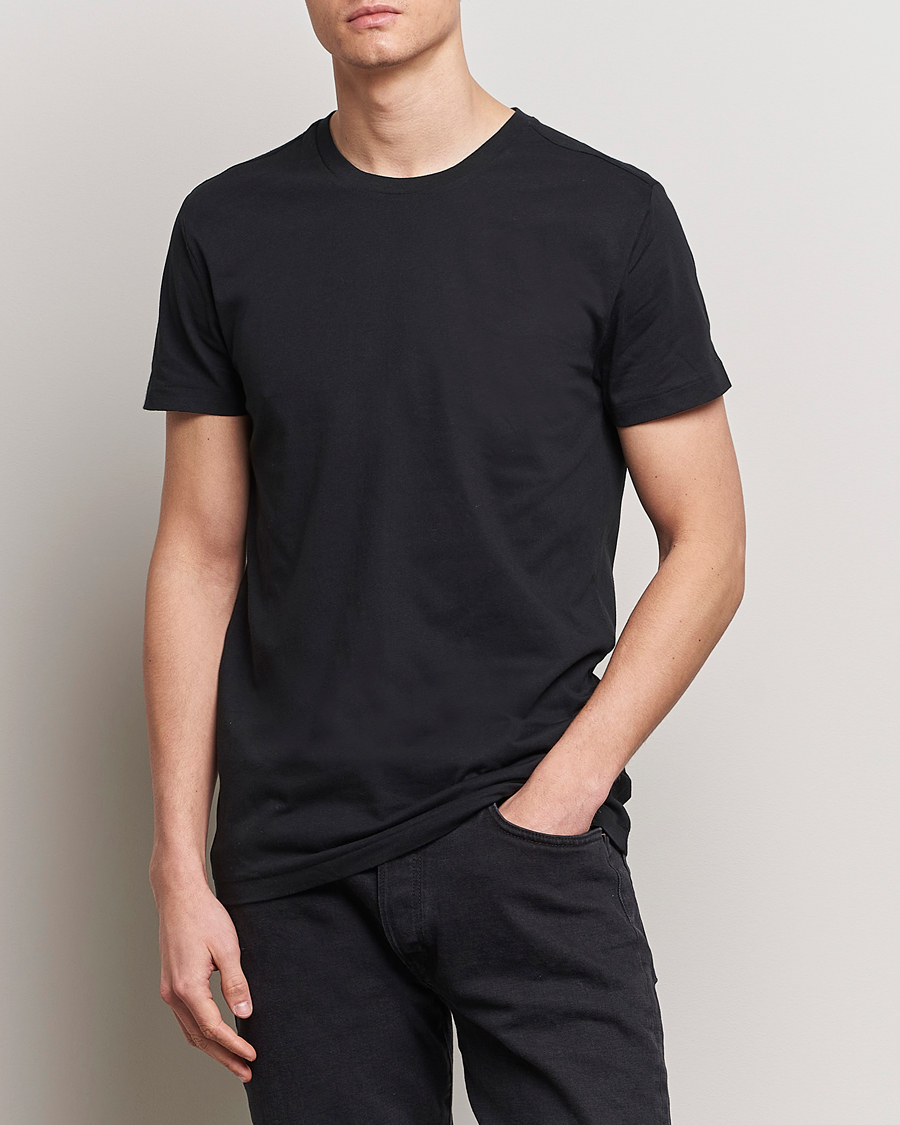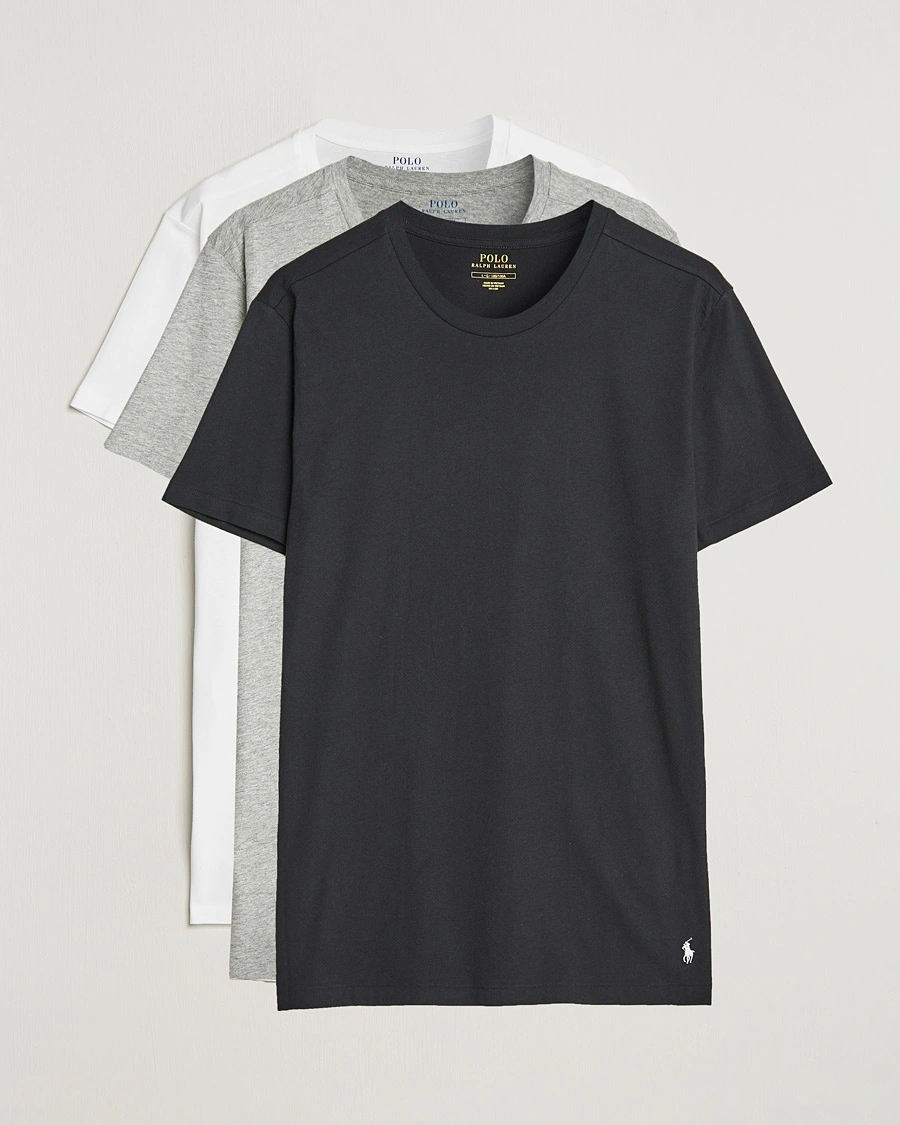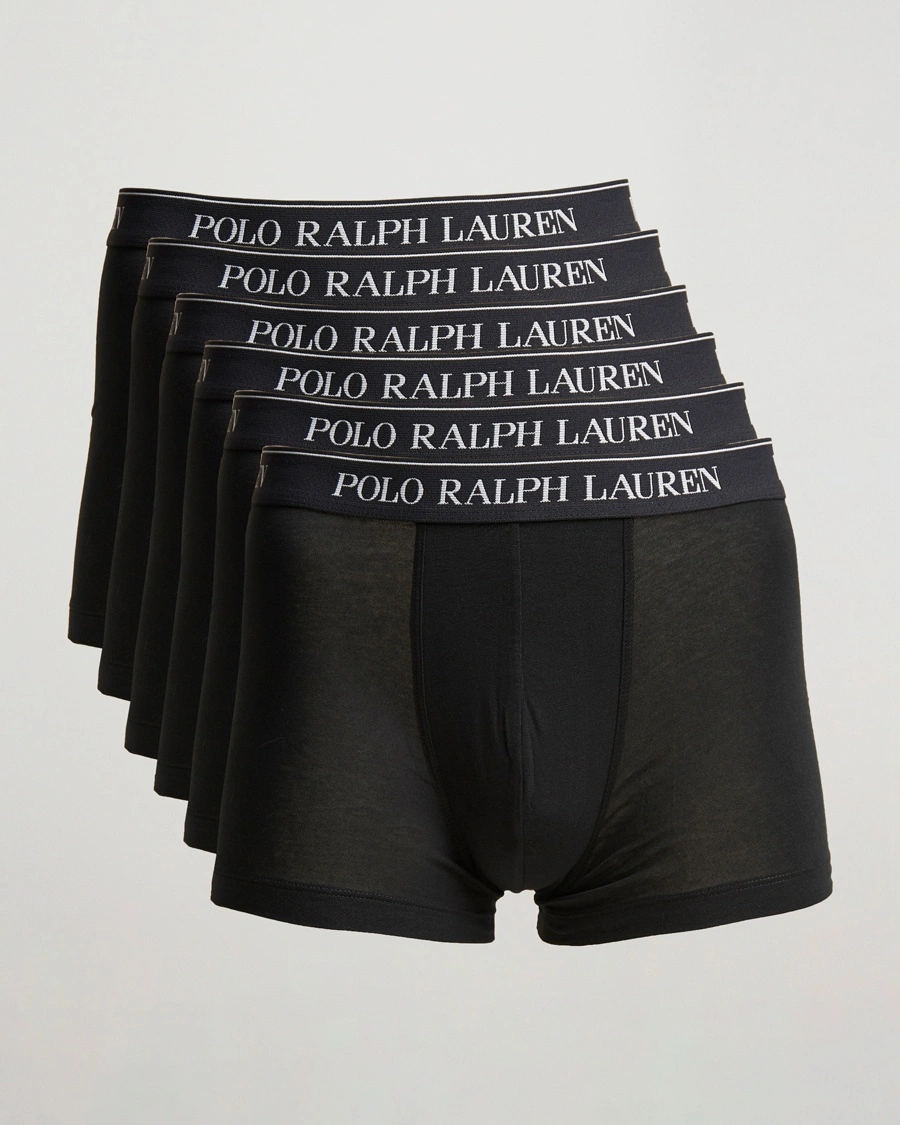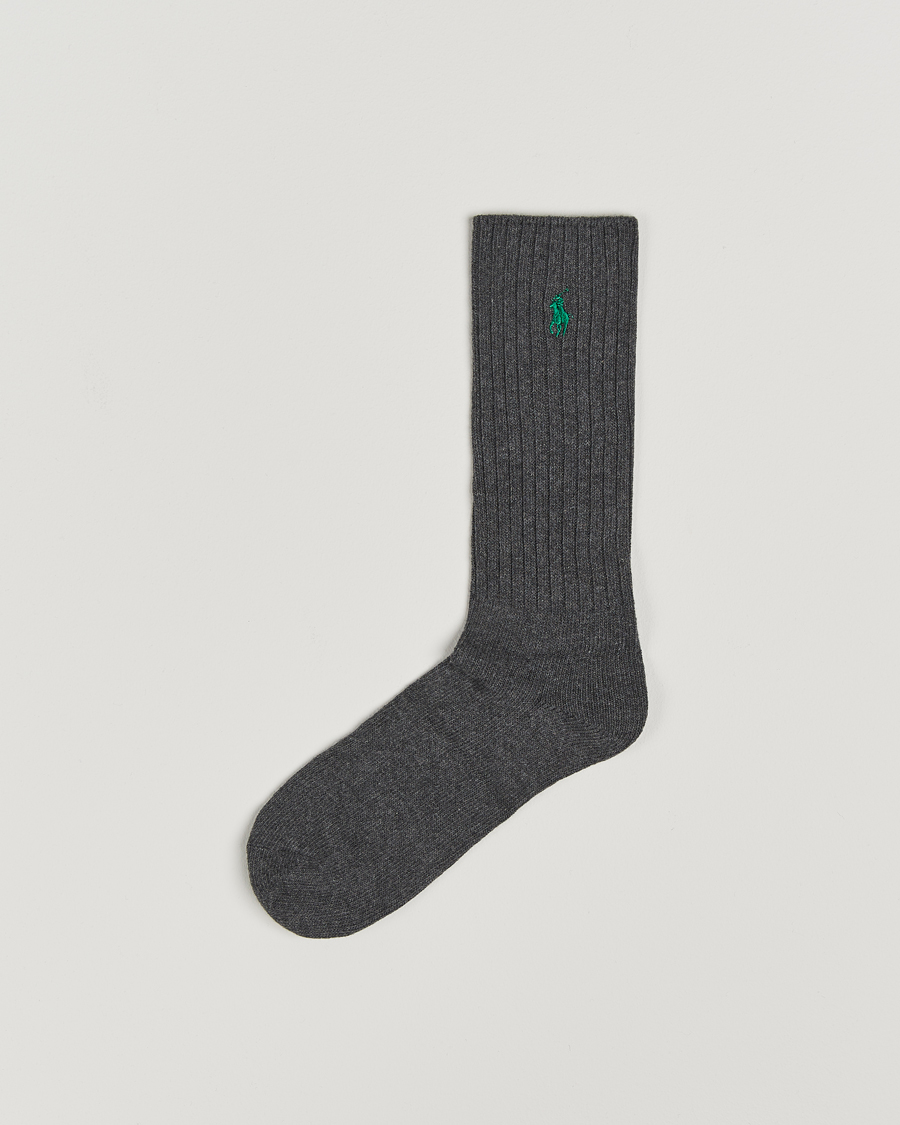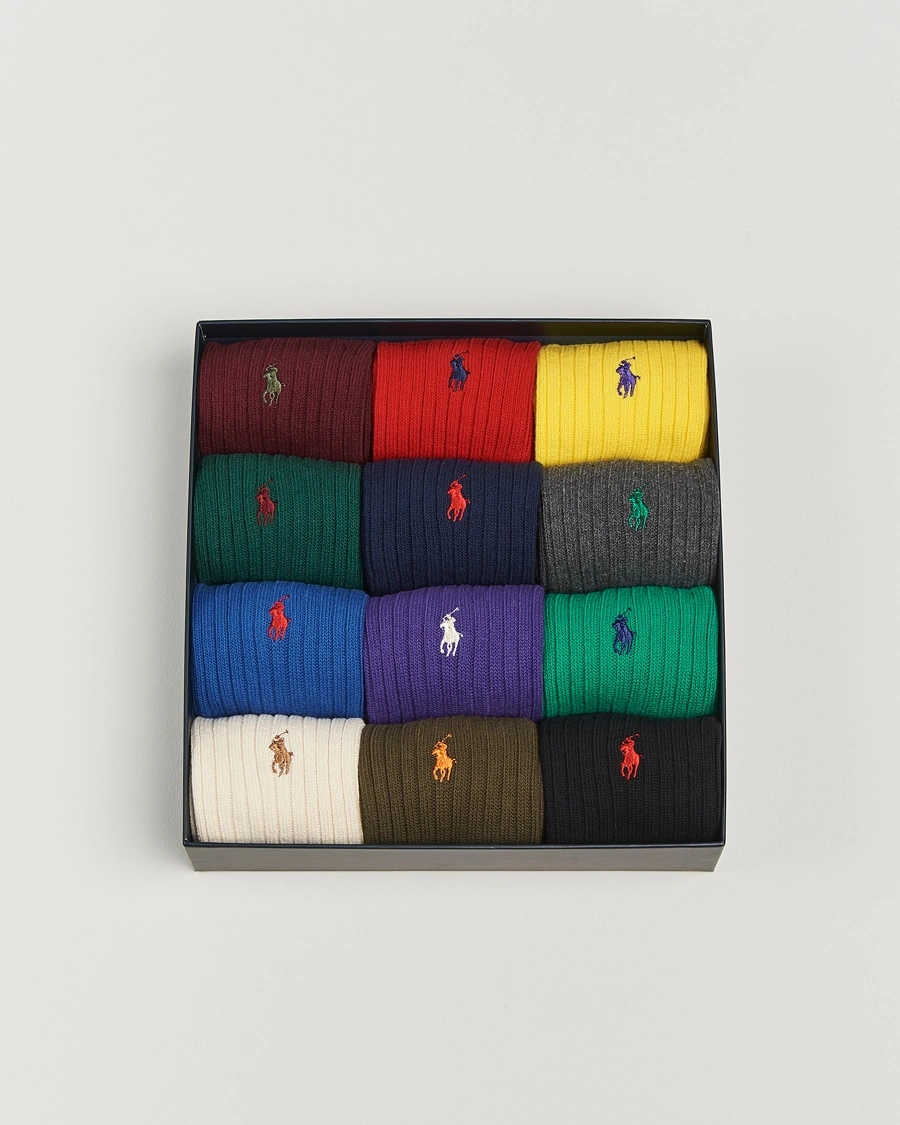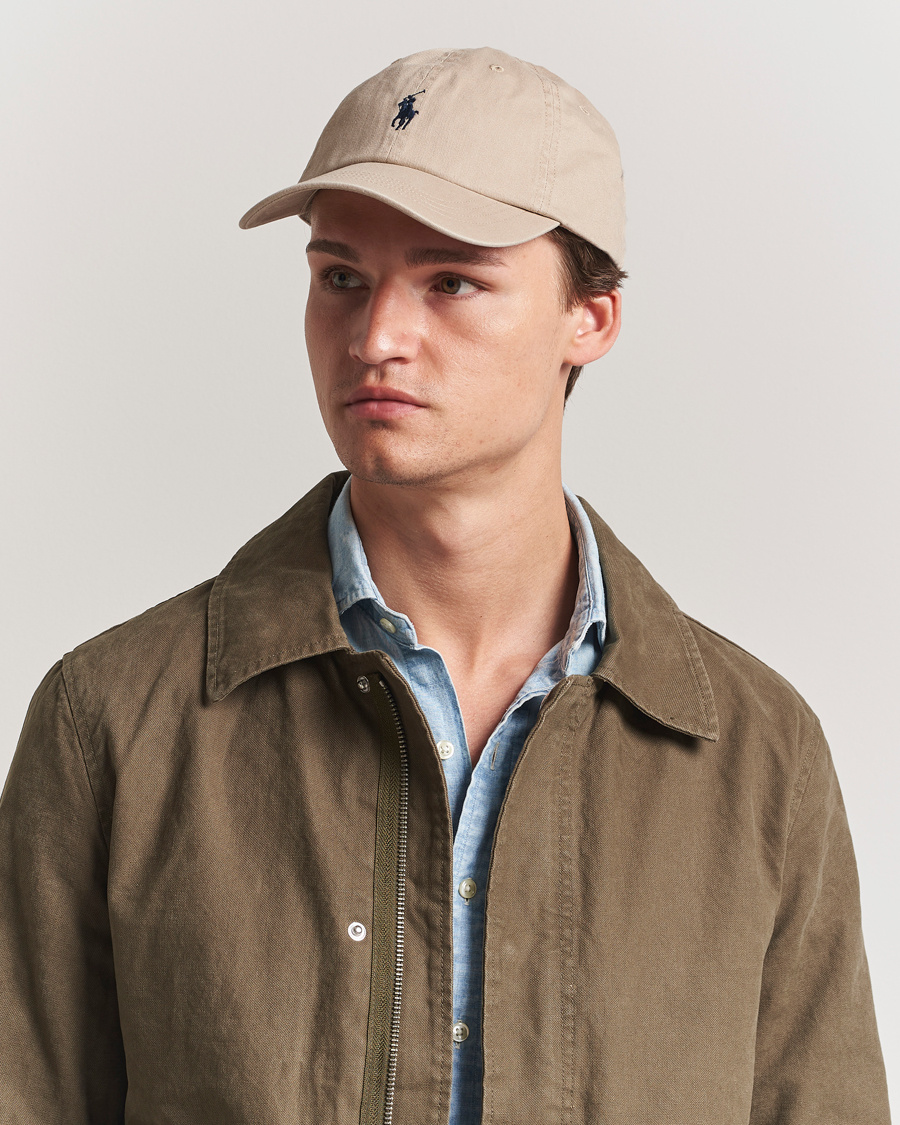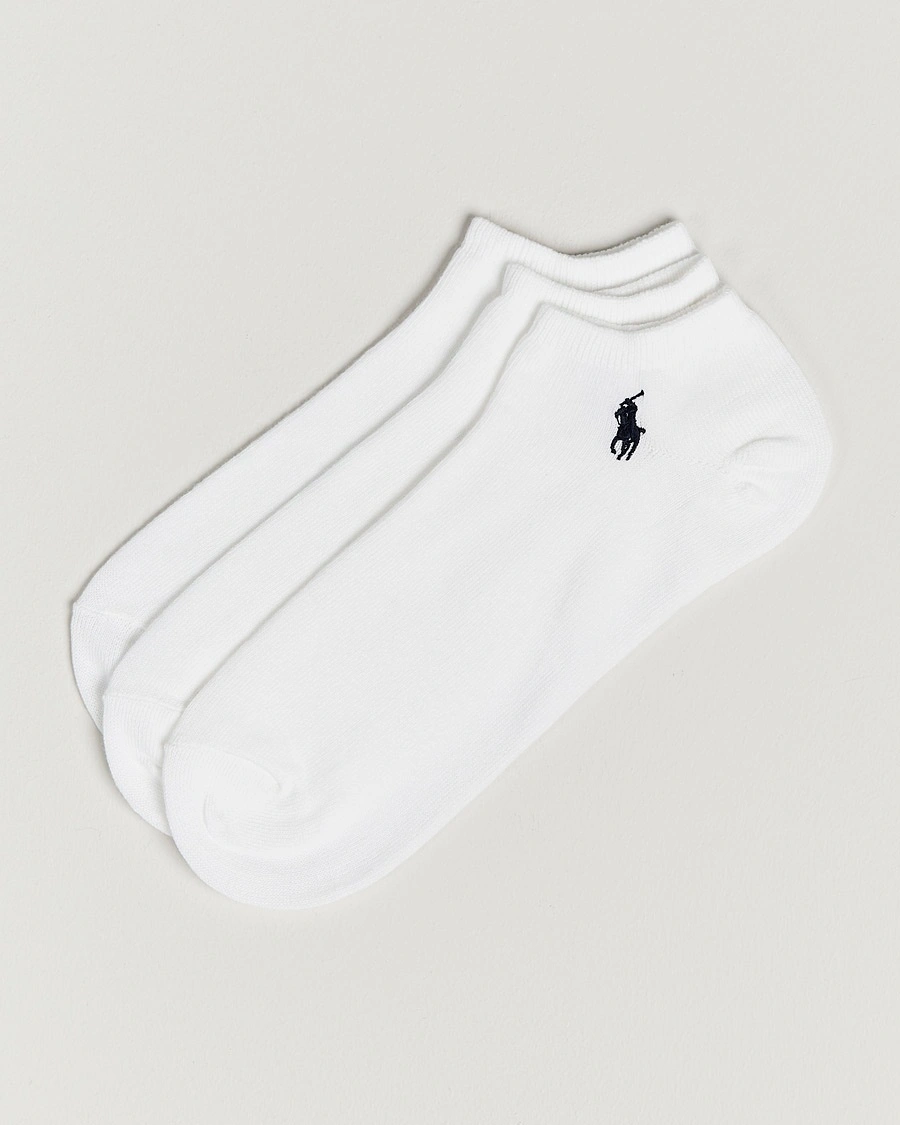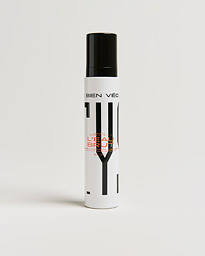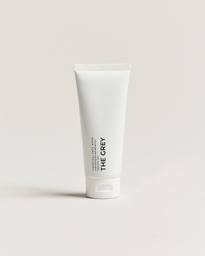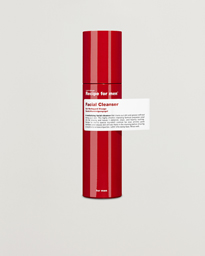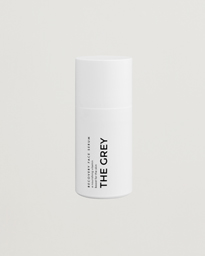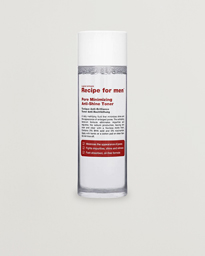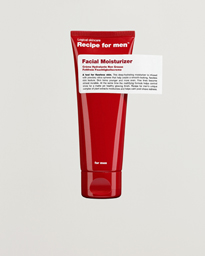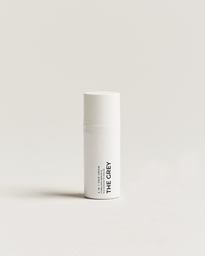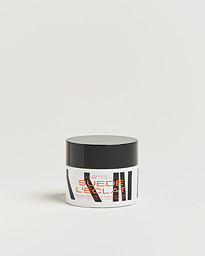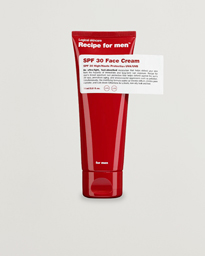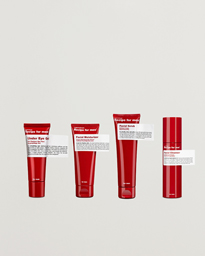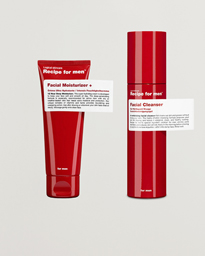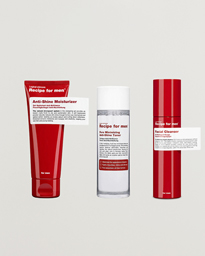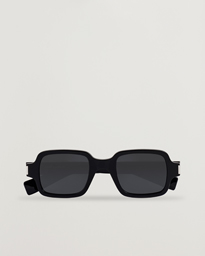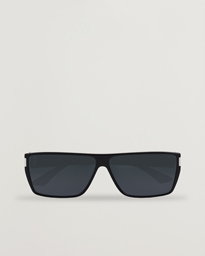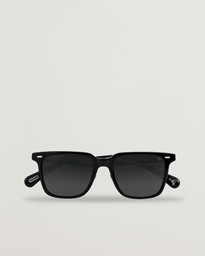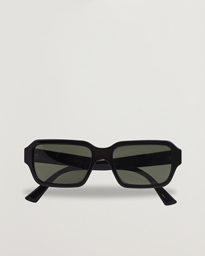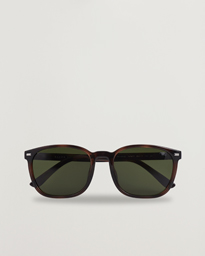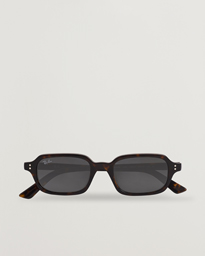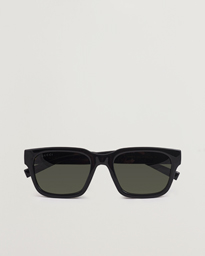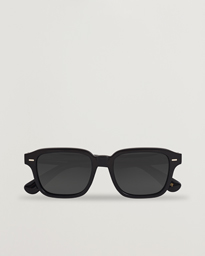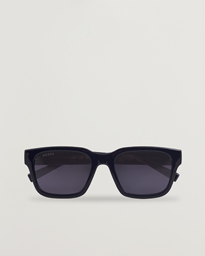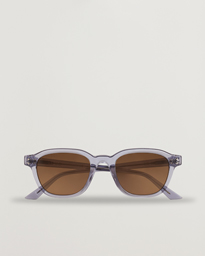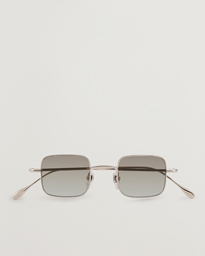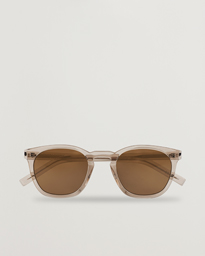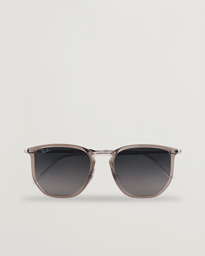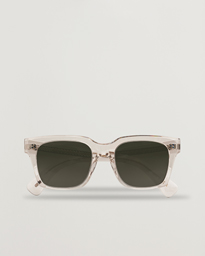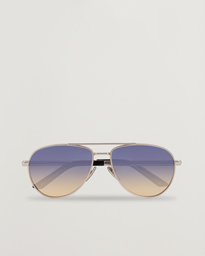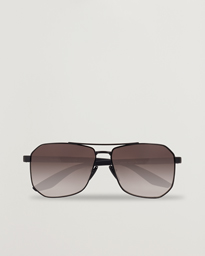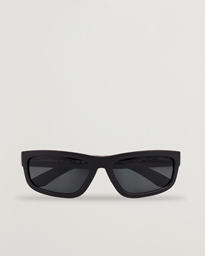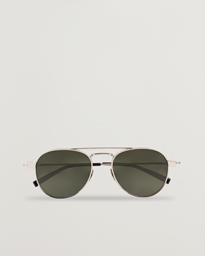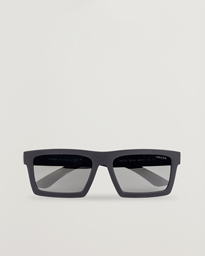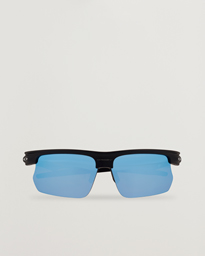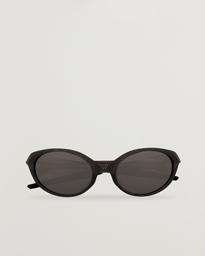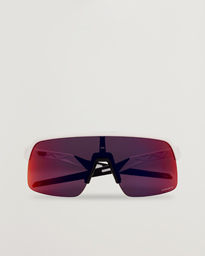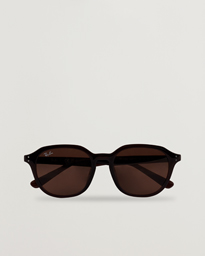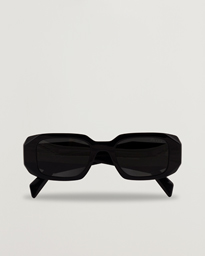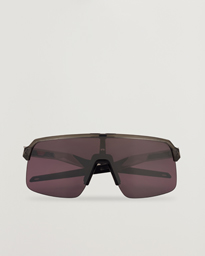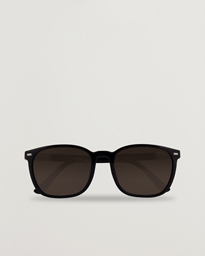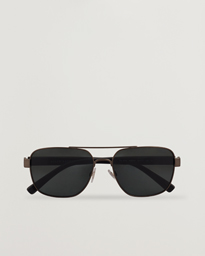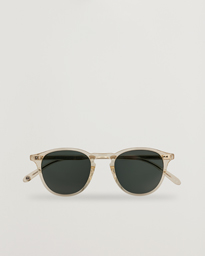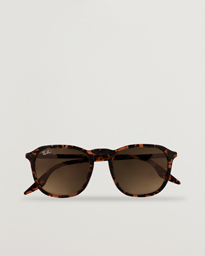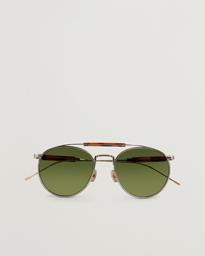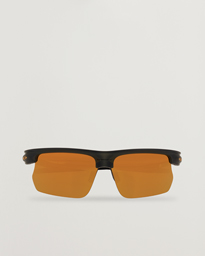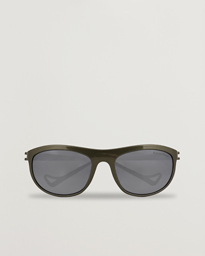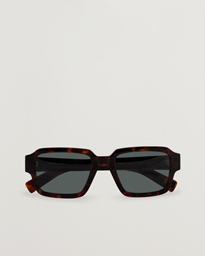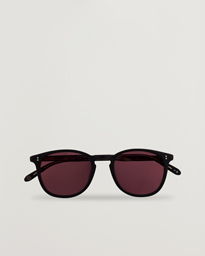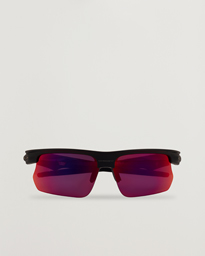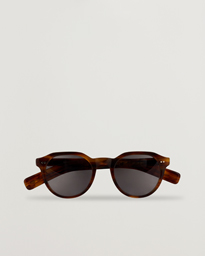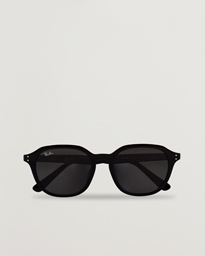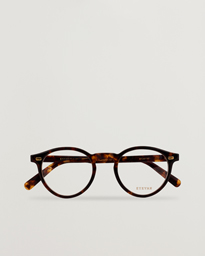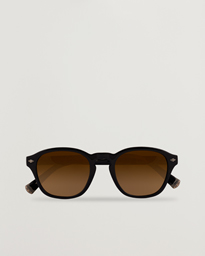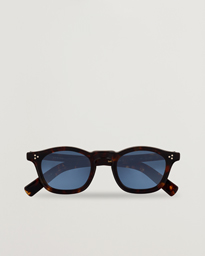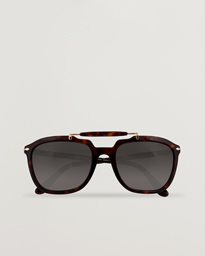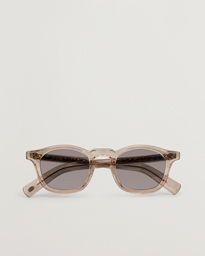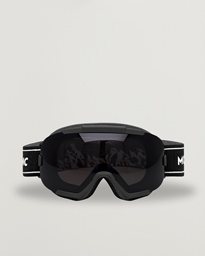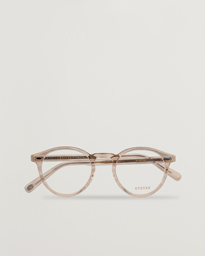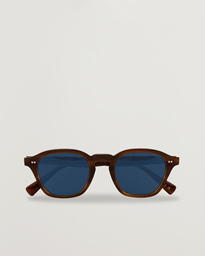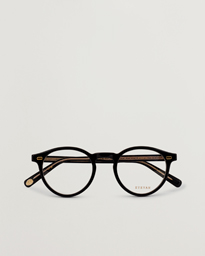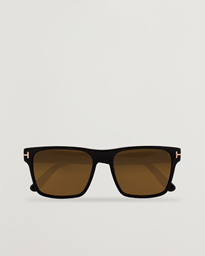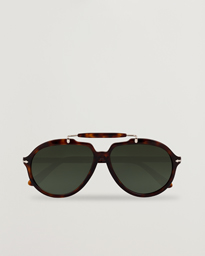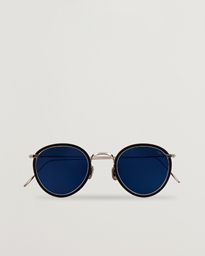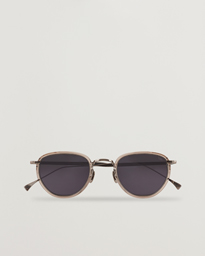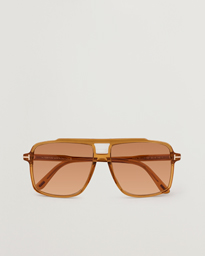
How to take care of your skin throughout summer

Text: ebba lundberg
Photo: Alamy
As a Scandinavian, I think many people can identify with the feeling of longing for the sun - which is both fantastic and essential to life. The sun's rays are wonderful but also accelerate aging and can cause skin diseases. It is therefore important to protect yourself against the sun's dangerous UV rays with a sun protection factor. Allow us to guide you through the topic of SPF and give examples of what a simple skincare routine can look like in the summer. SPF can be used all year round. Believe it or not, the sun's UV rays penetrate even on a dark November day.
What is SPF?
SPF is an abbreviation for Sun Protection Factor and is a measure of how well a sunscreen protects skin from UVB rays. The higher the SPF you use, the stronger your skin has protection. You can still get a lovely tan despite using SPF. Sun protection factor also gives you protection from UVA rays that penetrate through cloud cover and glass. In sunscreen, UVA protection is referred to as "PA" followed by a plus sign. The more plus signs, the higher the protection.
When should SPF be applied?
Many choose to continue their skincare routine all year, whilst some replace or add products when the seasons change. Below is an example of what a skincare routine could look like during the summer months. Skip step 2 if you are a beginner.
Step 1. Cleansing
Choose a mild and gentle cleanser that cleans thoroughly, without drying out. If the face tightens after using the cleanser, you have probably chosen the wrong product for your skin type. Seek the help of a skin care specialist if you are unsure of your skin type.
Step 2. Prepare skin for moisturising (optional)
It is always a good idea to prepare the skin before applying moisturiser. You can do this easily by applying a thin layer of toner. This product is a game-changer for many as the absorption of subsequent products is maximised and sinks deeper into the skin.
Step 3. Moisturise
Apply a thin layer of day cream that you choose based on your skin type. A dry skin type can feel tight as it lacks moisture and oil. If you have dry skin, we recommend a thicker day and night cream. An oily skin, on the other hand, can feel shiny and oily due to high sebum production. To balance the skin, we recommend mild skin care products that include a moisturising face cream. Normal skin feels neither dry nor oily. Nourish and moisturise your skin to maintain a balanced sebum production. A common occurrence is that you experience your skin as both oily and dry. Here we recommend spot treatment with different products adapted to different areas of the face. Test your skincare routine. It is better to start somewhere than not to start at all.
Step 4. Apply SPF
The final step of your skincare routine includes applying a generous amount of SPF. For the face, we recommend an SPF formulated for the face. The key is to avoid clogged pores that occur when using SPF developed for the body, as they can contain fats that favour sebum production. SPF for the face gives a pleasant feeling, without smearing and giving a glossy surface.
Applying SPF
A common mistake when applying SPF is that too little is applied. A recommended amount is usually to cover the back of the index and middle finger with the product. Gently apply this all over the face. Do not forget to supplement with SPF on the décolletage, hands, ears, and other parts of the body exposed to the sun. A general recommendation is to reapply SPF if you have soaked your body or sweated off the cream from sunbathing. Find a routine that works for you, based on how much time you spend outdoors in bright sunlight.
Find shade and use sunglasses
The shade is an obvious sun protection for many but is still worth talking about. The shade can reduce the sun's UV rays by up to 40-50%. Therefore, choose a place in the shade when the sun is at its strongest at midday. Although, keep in mind that shade does not provide sufficient protection and should therefore be supplemented with SPF where clothing does not cover your skin.
Do you want to continue where you were?
Customer service
FAQ
Answers to the most frequently asked questions can be found here.
We aim to reply to your email within one working day.
Personal Style Advice
We currently offer personal style advice through both digital and in-person customer meetings near our headquarters in Borås, Sweden.
If you're interested in booking a session with our personal shopper, send an email to us at [email protected], specifying whether you prefer a digital or in-person meeting, and we will get back to you with more details and available time slots.
Our style advisors look forward to helping you update your wardrobe and invest in timeless, quality garments!
Log in
-
Sweden
-
Denmark
-
Norway
-
Finland
-
Germany
-
Austria
-
Belgium
-
Ireland
-
Croatia
-
Cyprus
-
Czech Republic
-
Estonia
-
Greece
-
Hungary
-
Liechtenstein
-
Lithuania
-
Luxembourg
-
Malta
-
Poland
-
Portugal
-
Slovakia
-
Slovenia
-
Bulgaria
-
Latvia
-
Romania
-
Netherlands
-
France
-
Switzerland
-
Spain
-
Italy
-
United Kingdom
-
Saudi Arabia
-
New Zealand
-
Taiwan
-
United Arab Emirates
-
Japan
-
Australia
-
Canada
-
United States of America
-
South Korea
-
Hong Kong
-
Singapore
-
Kuwait
-
Malaysia
-
Qatar





